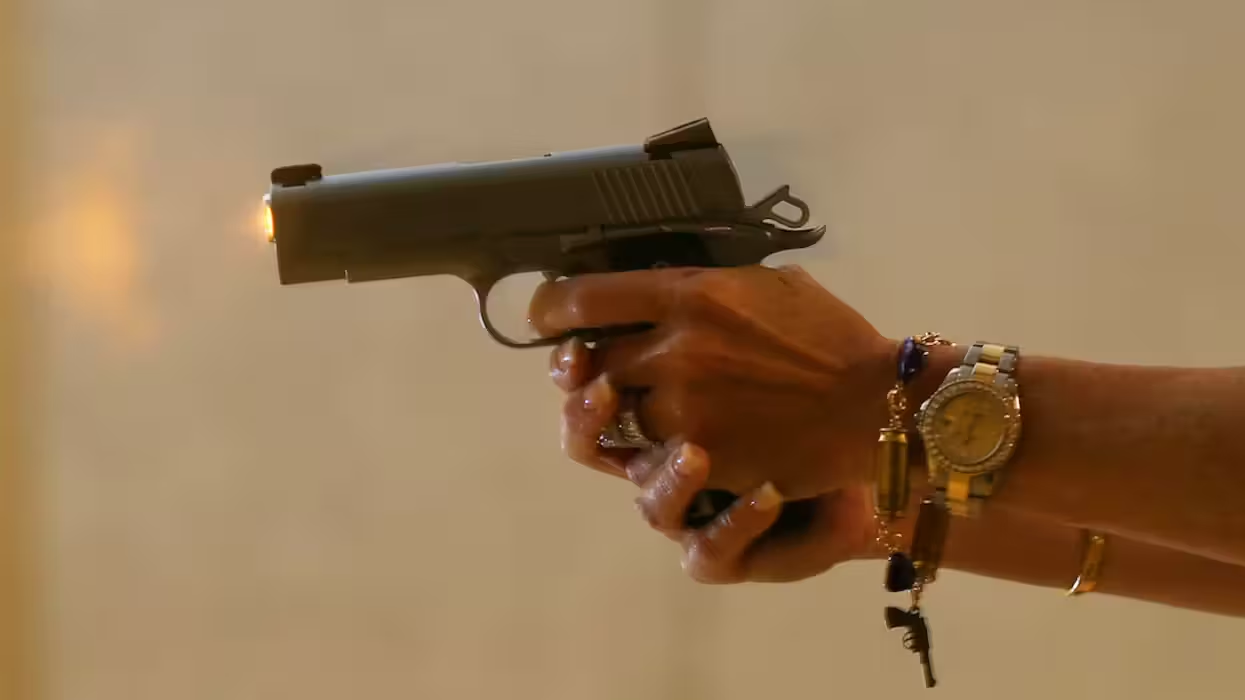The U.S. Army has given two brothers in their 70s a dog tag that had belonged to their father, a Korean War medic who had been missing since 1950. The dog tag came in a shipment of human remains from North Korea.
What was the reaction to receiving the dog tag?
Charles McDaniel Jr., now 71, was only 3 years old when his father was reported missing. His brother Larry was a year younger. While Charles says he has vague memories of his father, Larry does not even have those.
Even after all this time, the news was emotional.
"I sat there, and I cried for a while and took a while to compose myself," Charles Jr. told reporters, referring to the moment when the U.S. Army called him to tell him that his father's dog tag had been located.
The worn and corroded dog tag reads: "McDANIEL, CHARLES H RA17000585."
Charles McDaniel was a medic with the 3rd Battalion, 8th Regiment, 1st Cavalry Division. He had been sent to North Korea from his station in Japan. The 3rd Battalion had been cut off from the rest of the American forces by Chinese troops, but managed to hold out for days before they were killed or captured.
The dog tag had been returned with 55 boxes of human remains returned from North Korea. The boxes are purported to contain the remains of U.S. soldiers killed during the Korean War. They are still undergoing DNA testing to determine to whom the bones might belong.
What did the brothers' say?
Charles Jr. said that the brothers realized that their father's bones might not be among those returned, but that receiving the dog tag was still "wonderful."
“At least we have this,” he added.
Larry said that even though he had no personal memories of his father, this still meant a lot to him.
“I’m proud of what he did and what he accomplished,” he said.
He also acknowledged that the families of other soldiers missing from that war have yet to find the kind of closure that he and his brother have now.
"We’re just overwhelmed," he said, "that out of all these boxes that came back, and out of all of these thousands of people, we’re the only ones that have certitude."
Along with human bones and this dog tag, the boxes from North Korea contained boots, buttons, canteens, and a steel combat helmet. The dog tag was the only personal effect in this shipment from North Korea that could be attached to a specific soldier.
The remains of an estimated 5,300 fallen U.S. soldiers have never been recovered from North Korea. In the early 90s, North Korea returned 208 boxes containing the remains of 400 people.
When they were presented with the dog tag, the brothers also received a box of ribbons and medals that their father had earned while serving in the U.S. Army.







